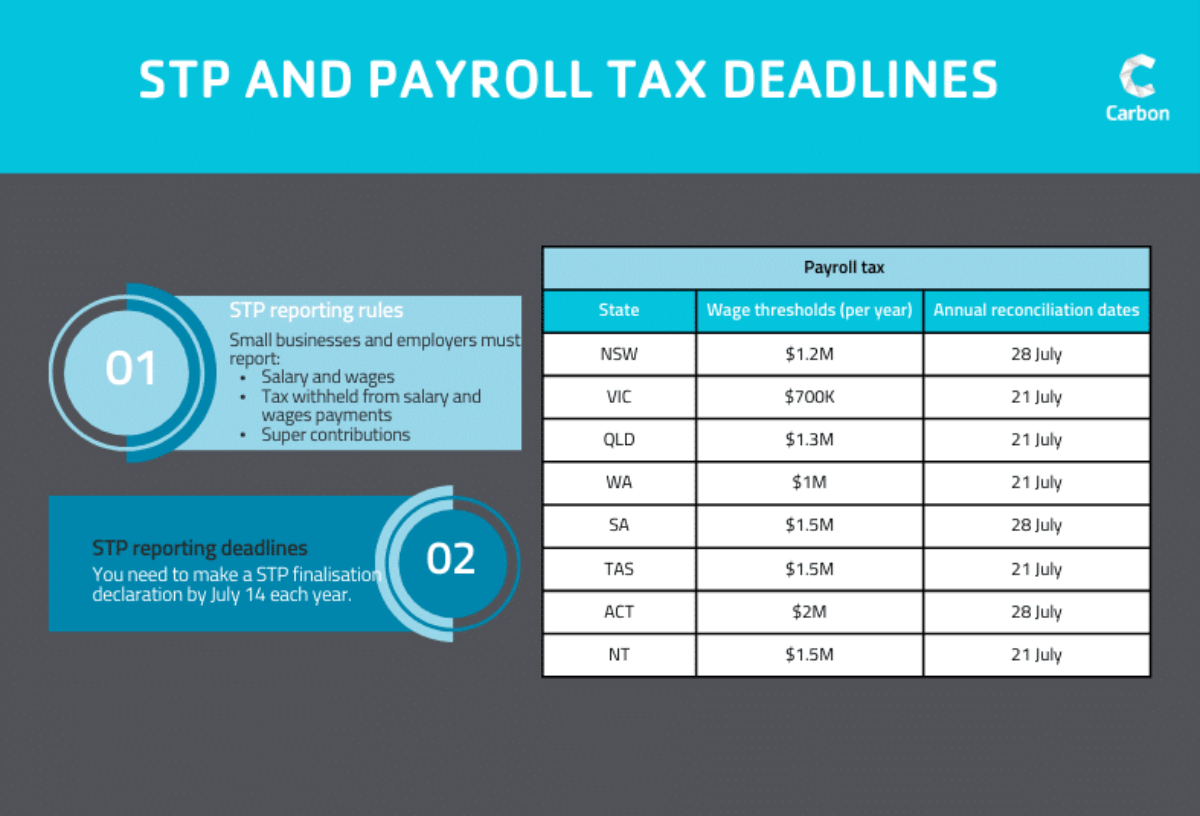
Tax Lodgment: Understanding Your Obligations and Deadlines
Estimated reading time: 6 minutes
Key Takeaways
- Understanding tax lodgment is essential for financial compliance in Australia.
- Lodging taxes on time helps avoid penalties and ensures you claim all eligible deductions.
- Key deadlines for individual and business tax lodgment differ, and some extensions are possible.
- Failing to meet deadlines can result in financial penalties and other serious consequences.
Table of contents
- Understanding Tax Lodgment
- What Is Tax Lodgment?
- Significance for Taxpayers
- Key Dates for Tax Lodgment
- The Australian Financial Year
- Key Deadlines to Remember
- Extended Deadlines
- ATO Deadlines
- Specific Lodgment Timeframes
- Importance of Meeting ATO Deadlines
- Consequences of Missing Deadlines
- Late Penalties and Financial Impact
- Real-World Impact Examples
- Tips for Timely Tax Lodgment
- Effective Strategies for Meeting Deadlines
Understanding Tax Lodgment
What Is Tax Lodgment?
Tax lodgment is the process of submitting your financial information—income, deductions, and credits—to the Australian Taxation Office (ATO). The ATO uses this information to assess your taxable income and determine if you owe tax or are entitled to a refund. For individuals, this usually involves filing an annual tax return.
For businesses, tax lodgment may involve Business Activity Statements (BAS), reporting and paying Goods and Services Tax (GST), Pay As You Go (PAYG) withholding tax, and other business taxes. The frequency of BAS lodgment (monthly, quarterly, or annually) depends on your business size and structure. For a guide on lodging BAS and common mistakes, please see our resources on how to lodge BAS and common BAS mistakes.
Significance for Taxpayers
Tax lodgment is crucial for financial accountability. By lodging your taxes correctly and on time, you:
- Meet your legal obligations to the Australian government.
- Avoid fines and penalties.
- Claim all eligible deductions and credits.
- Maintain a good standing with the ATO.
- Contribute to public funding.
Failing to comply can have serious consequences, including substantial penalties, interest charges, and legal action. For more information on navigating tax obligations and a sole trader tax return guide, see our resources on sole trader tax return guide.
Key Dates for Tax Lodgment
The Australian Financial Year
The Australian financial year runs from July 1 to June 30. This period is crucial for tax reporting. June 30 marks the end of the financial year, prompting individuals and businesses to prepare their tax documents.
Organising your financial records and gathering receipts before June 30 ensures a smoother tax lodgment process and helps prevent errors.
Key Deadlines to Remember
- October 31: The standard deadline for individuals, sole traders, partnerships, and trusts to lodge their tax returns if lodging themselves.
- February 28: Companies generally must lodge by February 28, unless specific circumstances dictate otherwise. For more details, see the lodge and pay tax guide.
Extended Deadlines
Using a registered tax agent may allow for extended deadlines. Registration as a client before October 31 is usually required. Tax agents often have programs allowing lodgment until May 15, but this can vary. Learn more in our registered tax agent guide.
ATO Deadlines
Specific Lodgment Timeframes
The ATO has specific lodgment schedules:
- Individuals: Tax returns are due by October 31. (e.g., 2022-2023 return due October 31, 2023).
- Companies: Most companies must lodge by February 28, though this can vary.
- BAS Lodgment:
- Quarterly: 28 days after the quarter’s end.
- Monthly: 21 days after the month’s end.
- Annual: Usually with tax return deadlines. See BAS due dates for more information.
Importance of Meeting ATO Deadlines
- Avoiding Penalties: The ATO imposes Failure to Lodge (FTL) penalties for late submissions. These increase based on entity size and delay duration.
- Maintaining Compliance: On-time lodgment builds a positive compliance history.
- Cash Flow Management: Knowing tax payment dates aids budgeting and cash flow.
- Peace of Mind: Meeting obligations reduces stress. See our small business guide for more information.
Consequences of Missing Deadlines
Late Penalties and Financial Impact
Missing deadlines results in the Failure to Lodge (FTL) penalty. This starts at $222 for small entities per 28-day period of lateness, up to five periods ($1,110). For medium entities, it’s double; for large entities, it’s five times this amount.
Penalties increase with a history of late lodgments. Interest also accrues on unpaid tax. For more information, see our non-lodgement advice.
Real-World Impact Examples
Case Study 1: Small Business Cash Flow Crisis
A small retail business missed two BAS statements, resulting in $444 in penalties and a large GST payment, causing a cash flow crisis.
Case Study 2: Individual Audit Trigger
Consistent late lodgments led to an ATO audit, revealing minor discrepancies resulting in additional tax liability, penalties, and interest.
Case Study 3: Lost Refund Opportunity
An 18-month delay in lodging a tax return resulted in penalties that significantly reduced a sole trader’s refund.
Tips for Timely Tax Lodgment
Effective Strategies for Meeting Deadlines
1. Set Calendar Reminders
Mark June 30 and October 31 in your calendar and set reminders to start preparing your documentation.
2. Leverage Technology
Accounting software can help with:
- Automatic transaction categorization
- Real-time financial reporting
- Receipt scanning and storage
- ATO portal integration
- Automated BAS preparation
- Cloud backup. See the lodge and pay tax guide for more information.
3. Consider Professional Assistance
A registered tax agent offers:
- Extended deadlines
- Expert deduction and credit knowledge
- Reduced error risk
- ATO inquiry representation
- Tax planning advice. See our comparison of tax agent vs MyTax.
4. Prepare Your Documents Early
Keep a tax preparation folder (physical or digital) to collect documents throughout the year:
- Payment summaries or income statements
- Bank statements
- Receipts for work-related expenses